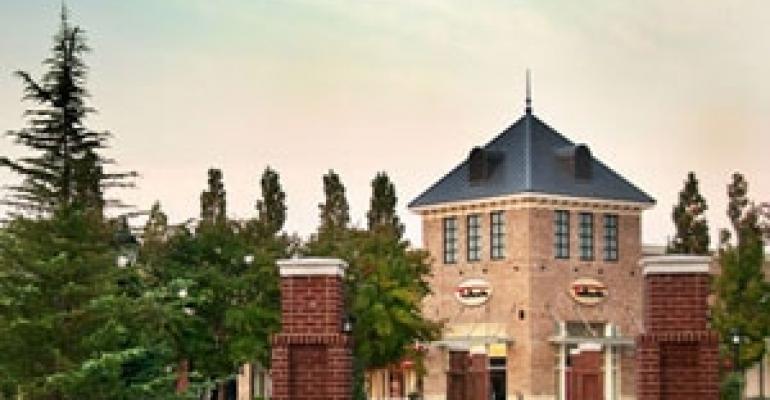One of the most maligned retail formats of the past decade might be coming back in vogue, as investors begin considering acquisitions of lifestyle centers.

Lifestyle centers, a concept whose development exploded in the early and mid-2000s, bore much of the brunt of the recession, as many were built in developing areas, featured no anchors and relied on elaborate co-tenancy agreements that brought vacancies sky high when retail chains started closing down in 2008 and 2009.
Just as other property types have been picking up steam, though, the better positioned lifestyle centers are catching investors’ fancy, with Poag & McEwen, one of the pioneers of the concept, buying its first lifestyle center since the recession on May 10.
The Memphis, Tenn.-based firm, in partnership with New York-based DRA Advisors LLC, just paid $55 million for The Avenue at Collierville, a 720,000-sq.-ft. lifestyle center in Collierville, Tenn. Cousins Properties developed The Avenue in Collierville in 2002-2003. At its peak, the center’s sales averaged somewhere around $325 per sq. ft., according to Steve Yenser, executive vice president with Jones Lang LaSalle Retail, who worked for Cousins while The Avenue was being built.
Poag & McEwen has changed the name of the center to Carriage Crossing and plans to potentially expand the property by up to 60,000 sq. ft. DRA Advisors is currently shopping for a loan to put on the asset. The partners were attracted to the center because it’s located in a high-income, high-growth area, and because the project remained stable throughout the downturn, according to Josh Poag, Poag & McEwen’s president and CEO.
“One a macro level, the retailers are doing better, and so we feel sales are increasing at a lot of projects that maybe struggled through the downturn,” he says. “On a micro level, this is an area of Memphis that is growing, and there is a major development happening two or three miles east of us, in Piperton Hills, that should bring 20,000 jobs to Memphis in the next 10 years.”
More on the way
In the coming months, Poag & McEwen executives plan to explore further lifestyle center acquisitions, as the investment sales market has finally bridged the bid/ask gap, Poag notes. And the firm is not alone. Last year, regional mall REIT Macerich Co. bought Atlas Park in Queens, N.Y. out of foreclosure. Phoenix-based Vestar is currently looking at purchasing lifestyle centers, among other retail properties. Los Angeles-based Champion Real Estate Co. is also scouting the market for lifestyle centers, since many of these assets are located on good sites and feature superior architectural design, according to Bob Champion, president of Champion Real Estate.
“We believe that these centers will change their focus,” says Champion. “They will continue to attract a higher income discretionary spending customer for some portion of their square footage, but will fill vacancies with neighborhood daily needs, service and quasi-office tenants, which were often ignored in these projects. Many of these projects had second-phase development land, which cities may consider for residential development, as they begin to understand the lack of fundamentals required to develop more retail.”
In fact, one of the main attractions of Carriage Crossing has to do with the fact that its substantial size, tenant mix and two traditional anchors (Macy’s and Dillard’s) make it more like an open-air regional mall alternative than a lifestyle center in its purest form, according to Yenser. Many of the lifestyle centers that suffered the worst through the recession were only a few hundred thousand square feet in size and featured no anchor tenants to drive shopper traffic.
So while investors are expressing more interest in the format, “the trend mirrors the recovery in general,” says Yenser.
“What it comes down to is the quality of fundamental real estate. The better quality class-A and class-A-plus centers have really charged back, there is a lot of demand for them. And a lifestyle center could be in that category if it’s fundamentally good real estate. But I don’t know if [the interest] has as much to do with whether it’s a lifestyle center or a mall.”

